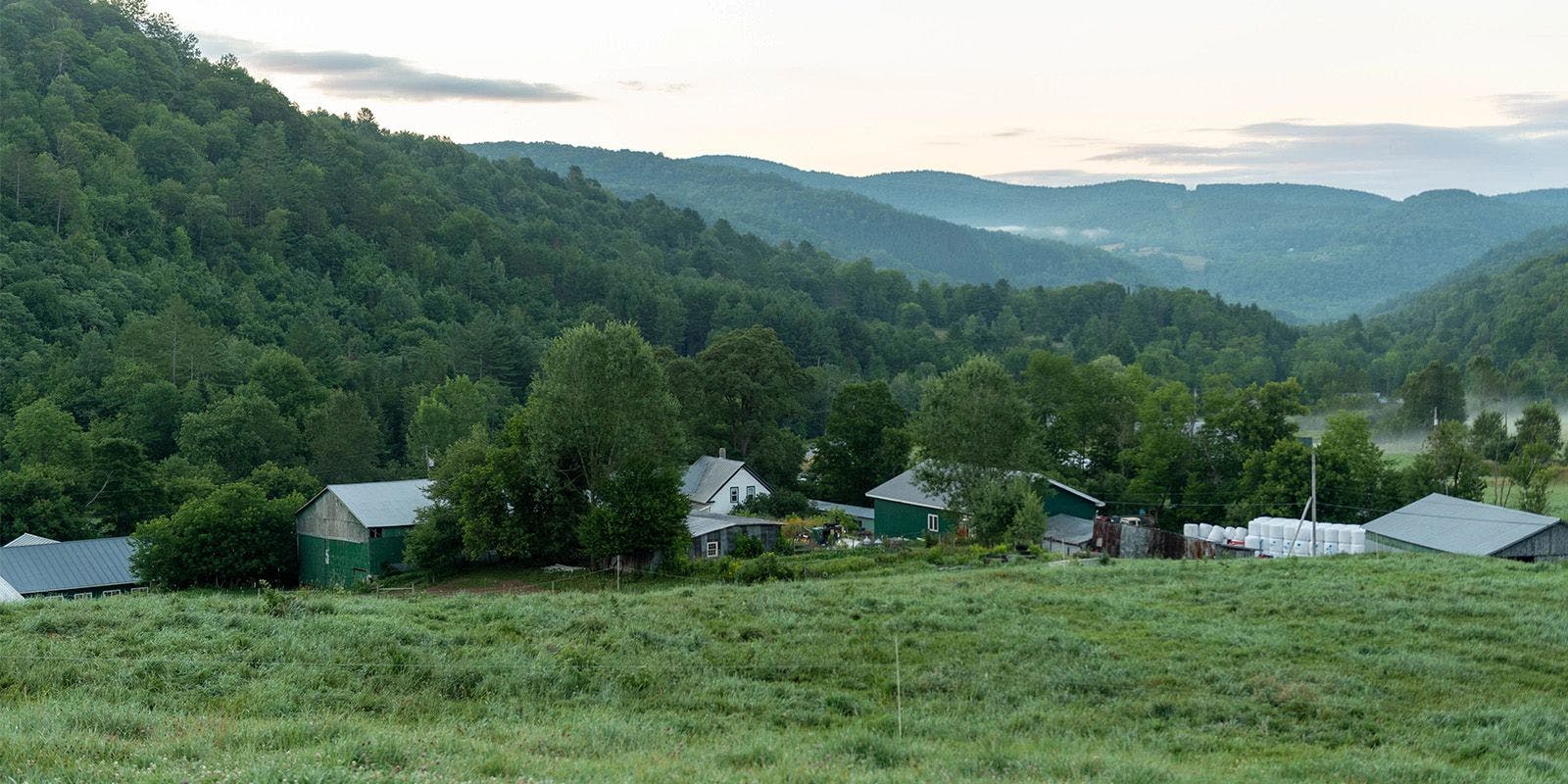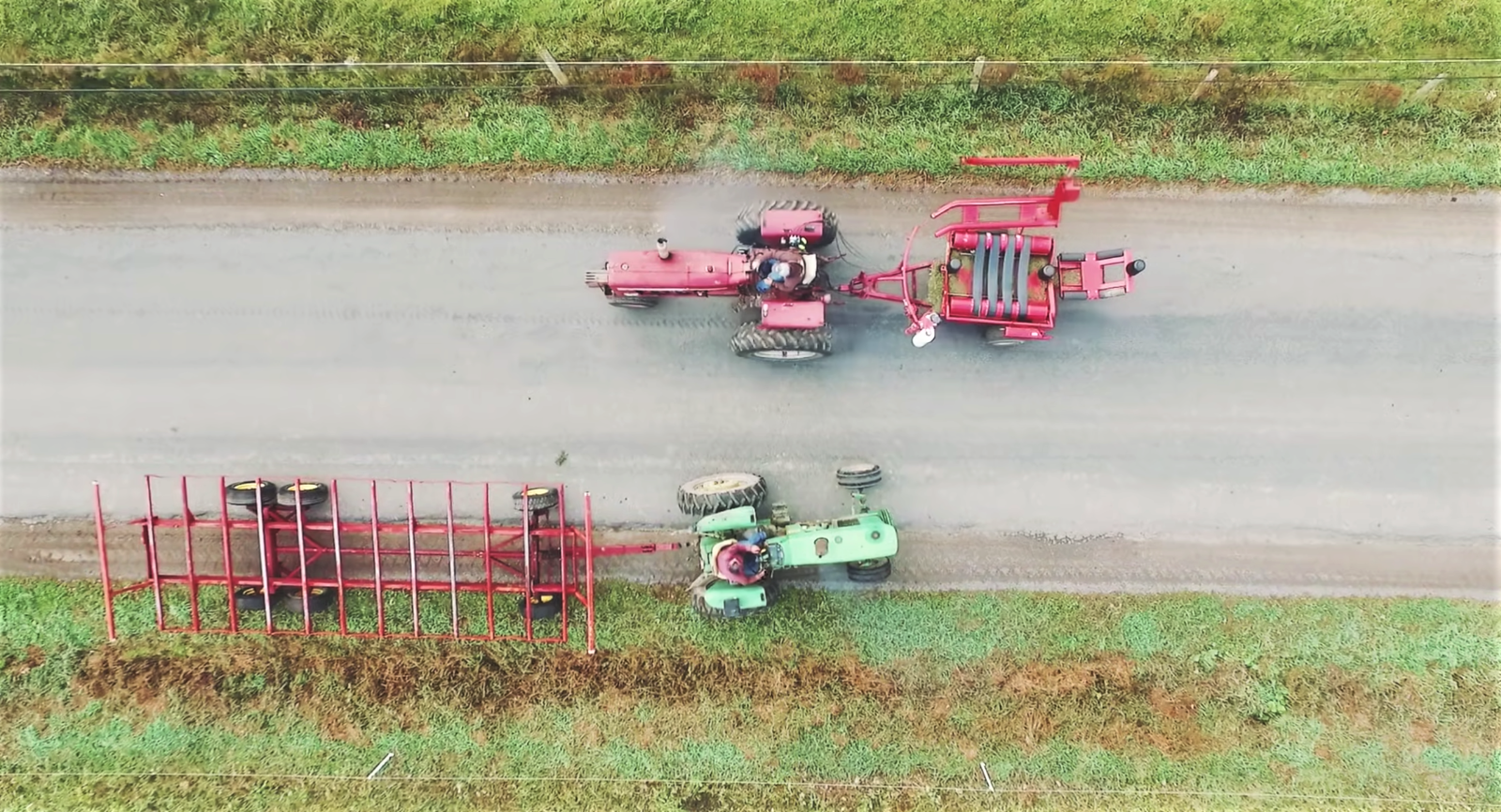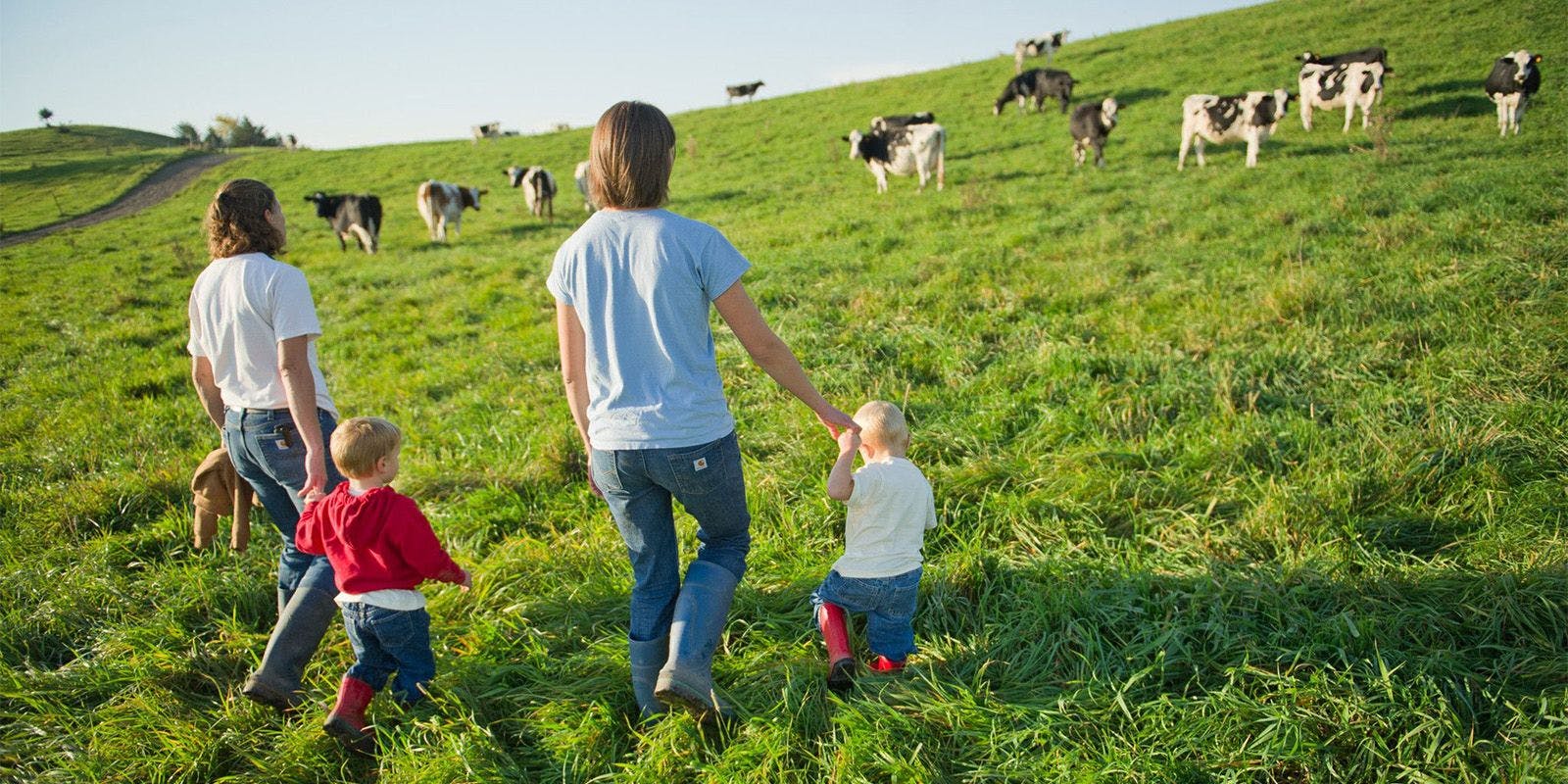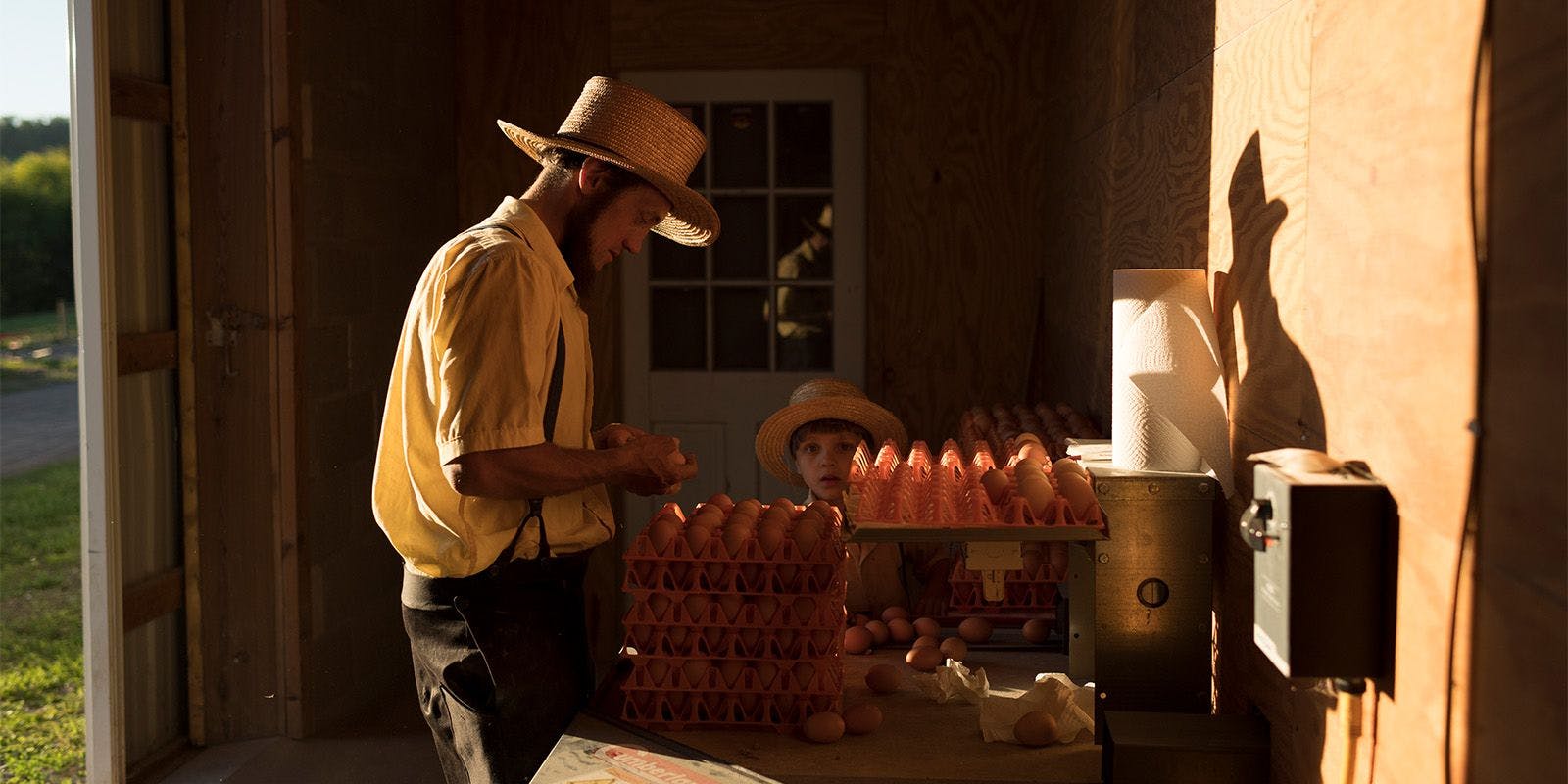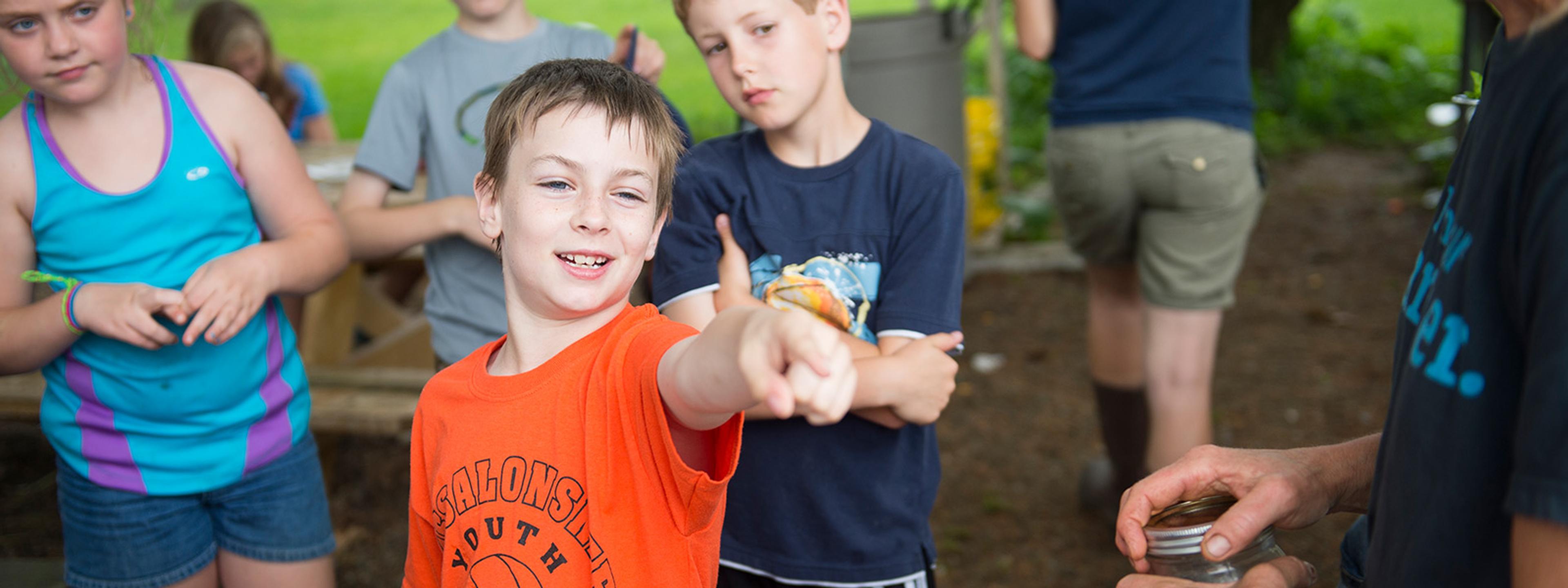
Earth
Hands-on, Farm-based (and FUN) Education at Zenger Farm
It is perhaps the longest running education debate we have: Should students learn by studying books, or by hands-on experience?
A century ago, proponents of “learning by doing,” including the illustrious John Dewey, faced an uphill battle with their argument that students learn best when immersed in hands-on learning. Today, however, the emergence of “project-based’ curriculum has brought a resurgence in the notion.
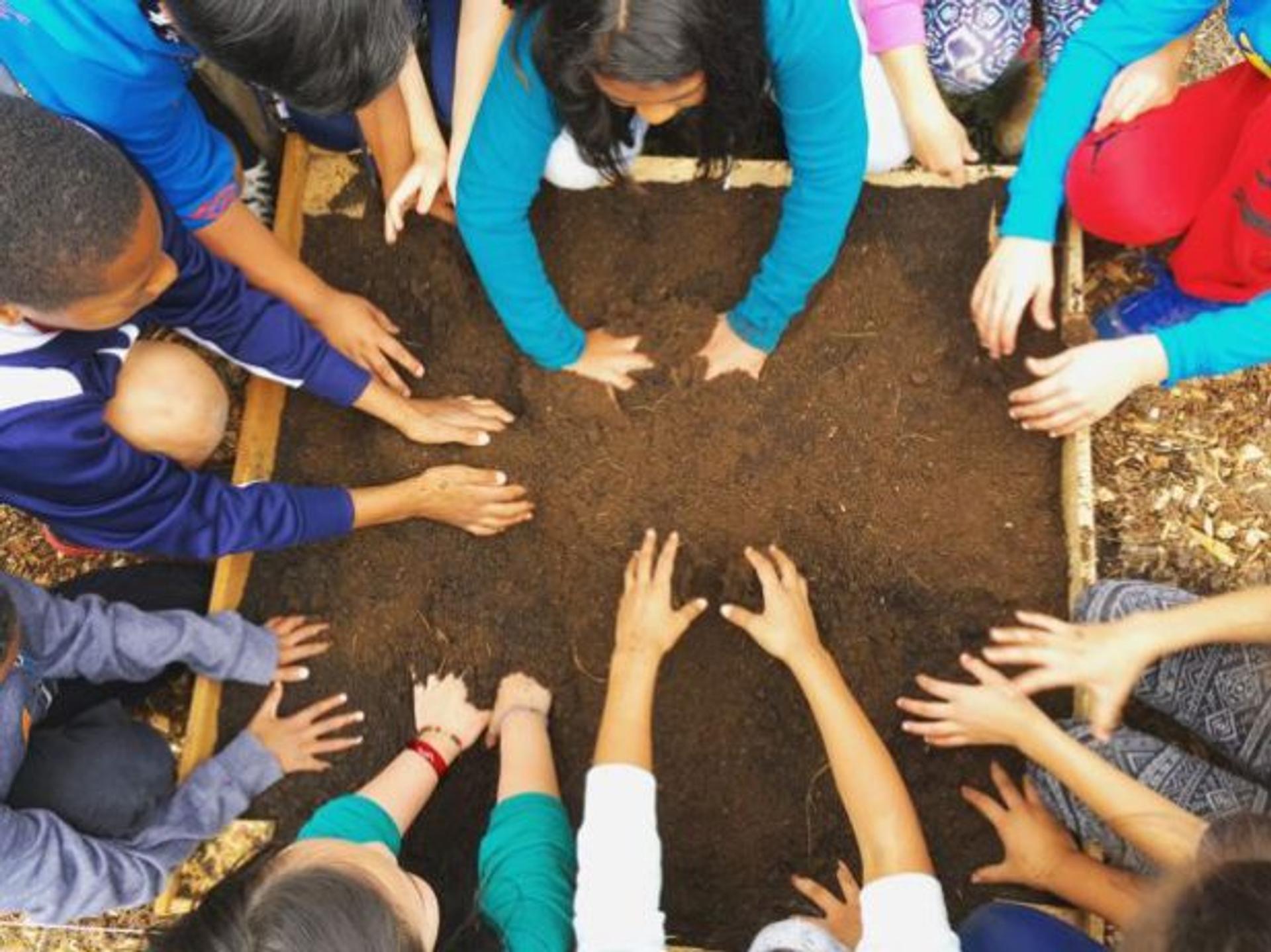
That’s an opportunity for educational farm programs that include a hands-on component for students. After all, farming encompasses math, natural and hard sciences, business and marketing, and even the arts—to say nothing of nutrition and home economics. And while schools face an ever-growing struggle to make ends meet, farms are enjoying a strong expansion of consumer demand for healthy, local, and natural food.
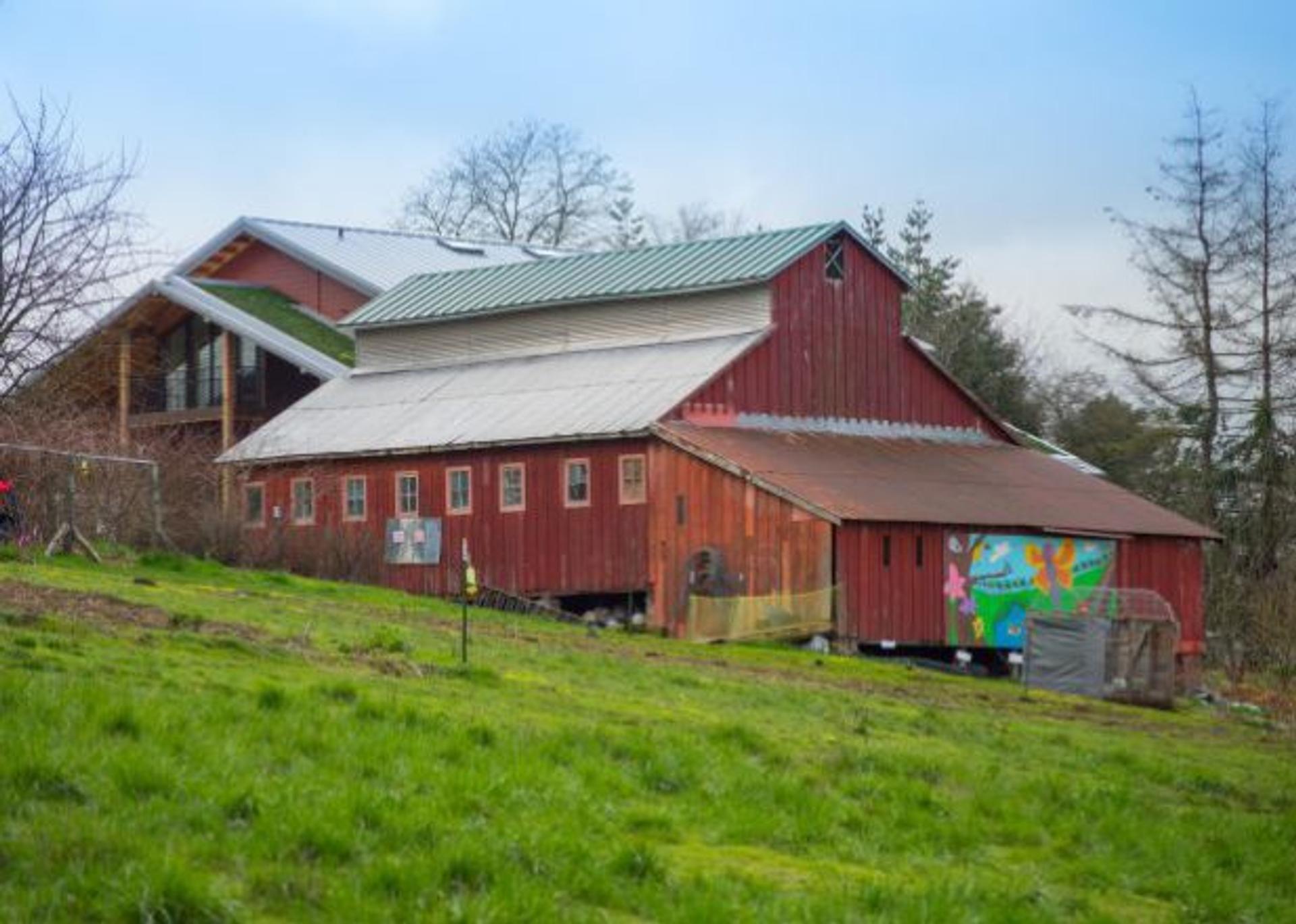
A match made in heaven? That’s what they think at Zenger Farm, an urban vegetable and animal farm based in Portland, Oregon. Established in 1999, Zenger Farm has always had an educational mission, with on-farm youth education, cooking workshops, farmer instruction, and internship programs playing a vital role in its programming. (It’s also a working farm, supplying vegetables and eggs to CSA subscribers, as well as Portland wholesale accounts.)
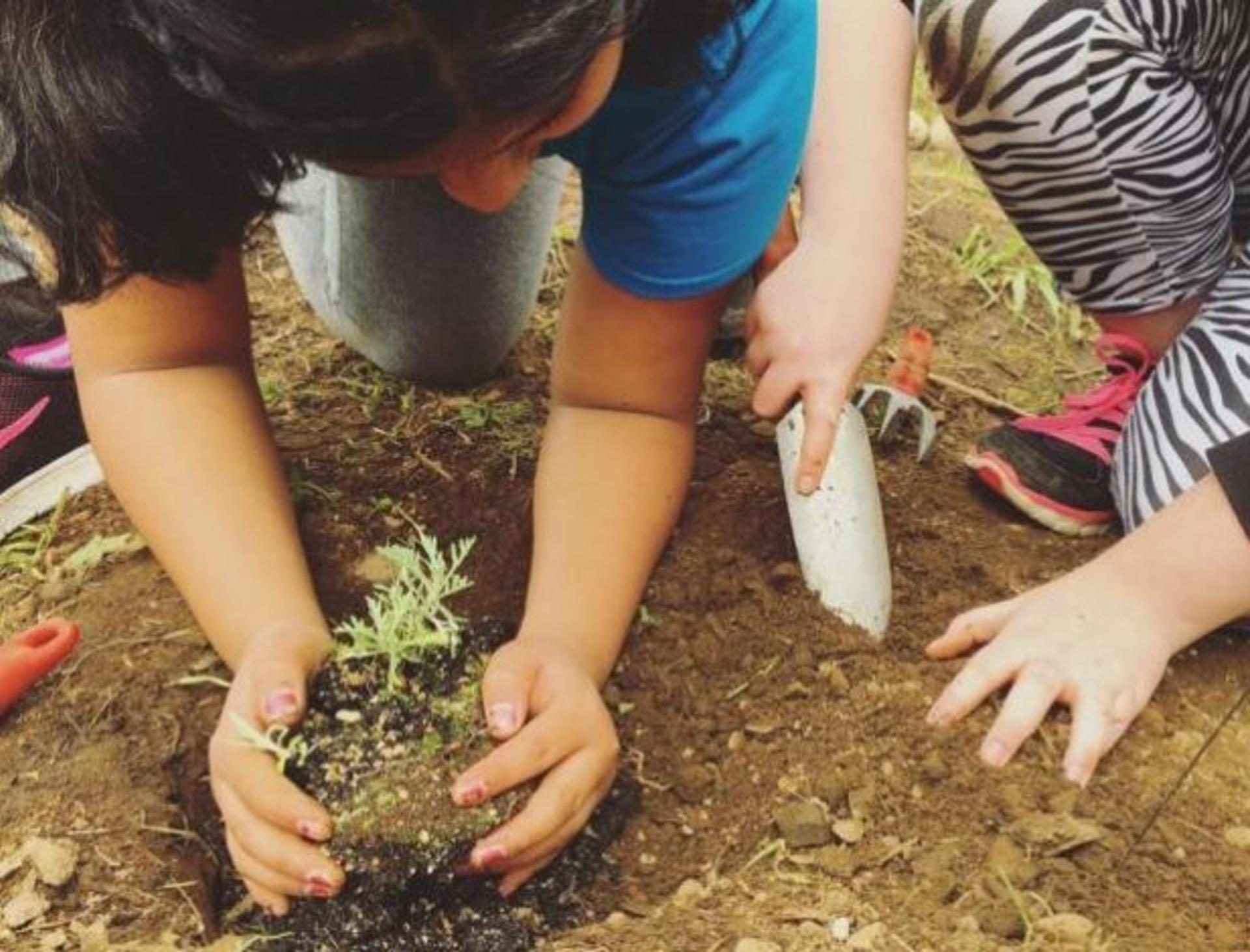
Zenger Farm demonstrates that an educational farm-based program can truly serve community needs. Last year, the organization launched a community survey, which included both written and in-person questionnaires. One common theme that emerged was the need for viable after-school programming in the neighborhoods the farm serves. So to remain relevant and provide a much-needed service, the farm launched a new after-school program that not only keeps kids cared-for and occupied during off hours, but also immerses them in hands-on learning about farming, nutrition, and the environment.
The after-school program is consistent with Zenger Farm’s commitment to food justice—to providing healthy food not only to those who can afford to pay for it out-of-pocket, but also to communities with limited or challenging access to healthy foods. The farm was one of the first to work with the Food Stamp/SNAP program to help recipients use their food assistance dollars to buy fresh veggies off the farm. Their success has led them to assist programs across the country to provide access to farm produce to SNAP recipients.

For executive director Mike Wenrick, such efforts make improvements to both the natural and human environment. “If you care about the future of kids,” he says, “you have to care about their relationship with food. Food affects everything—how we feel, how we learn, and ultimately, how long we live.” Buy working with kids and families to learn about food, farming, nutrition and the environment, Wenrick says his organization impacts not only health disparities in the local community, “We are changing our local and regional food systems.”













